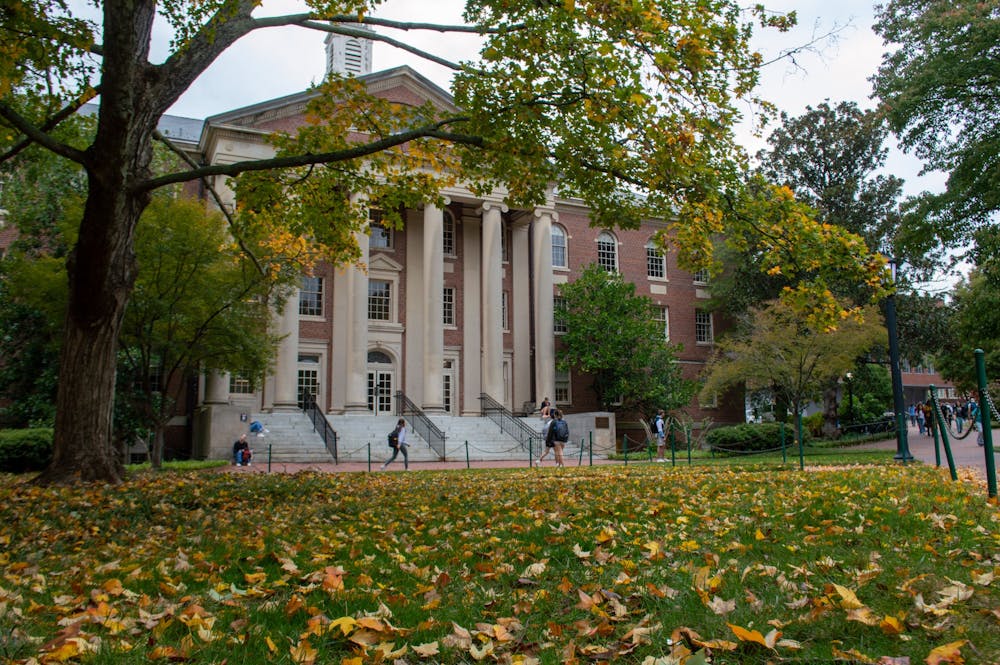Last week, Marty Baron, the former executive editor of The Washington Post, came to UNC to deliver the Frank A. Daniels Jr. Lecture. In his speech, Baron touted traditional news values and objectivity as the keys to navigating a changing media landscape.
“I am concerned that some journalists, because they see so many of our core values being under assault, they’ve become more activist than journalists were in the past and more dismissive of the guidelines that would prohibit that kind of behavior,” Baron said. “I think we should always be observers; we should not be participants in the very events that we're striving to cover.”
Scholarly examination of the journalism industry in recent years has unearthed a more complicated outlook.
The Center for Innovation and Sustainability in Local Media at the Hussman School of Journalism and Media published a report last April that explored burnout and job turnover in the industry.
The survey of local journalists found that 70 percent had experienced work-related burnout and 72 percent stated they experienced personal burnout. These numbers were higher among women and young journalists, a finding that echoes previous research on the topic.
Elizabeth Thompson, who researches local news at CISLM, said the center is conducting a follow-up survey that examines the reasons why local journalists choose to leave the industry or remain in their roles after experiencing burnout. She said the results of the study will be published sometime in May.
“We’re hoping that this could also be a tool for newsroom leaders,” Thompson said. “If we find some common themes in why people stay or why people leave, that could be a resource for people who want people to stay.”
Shannon McGregor, an associate professor at the Hussman School who researches the role of social media in journalism, said that she thinks frustration toward newspaper management, fears around job security and the personal toll of covering difficult topics are among the factors contributing to burnout.
“I think that we should listen to journalists when they are telling us the problems inside their newsrooms,” McGregor said.



